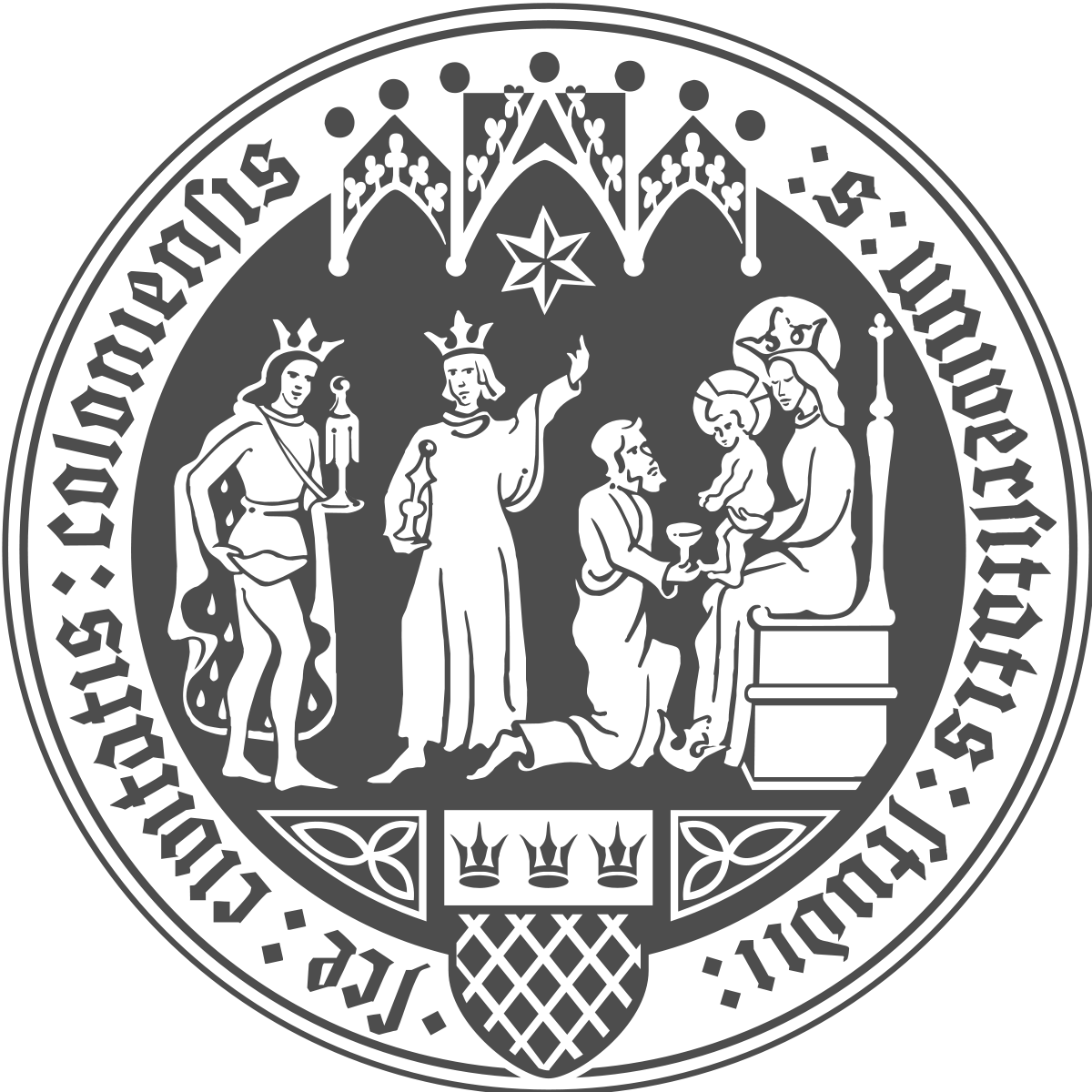📖Program Curriculum
Program content
Core courses
You will follow 6 core courses (24 ECTS):
Please note: the MSc Economics is a flexible program in which you are also free to specialize in another track or choose freely from the course lists from different tracks.
Applied Economic Analysis 1
The experience course Applied Economic Analysis 1 gives you the proper exposure to the practice of the economic analyst and culminates in thesis writing and/or project work.
Applied Economic Analysis 2
Methods: Econometrics 1
Methods: Experiments and Surveys
Seminar Growth and Regional Development
Seminar Environmental and Resource Economics
Elective courses
Choose 4 elective courses (21 ECTS)
Choose 2 courses (12 ECTS) from this list:
Seminar Governance of Innovation (recommended for this track)
Seminar Financial Markets and Institutions (recommended for this track)
Seminar Economics and Psychology of Risk and Time (recommended for this track)
Seminar Economics and Psychology of Social Norms and Strategic Behavior
Seminar Taxation
Seminar Competition Policy
Seminar Data Science for Economics
Seminar Financial Economics
Seminar Health Economics
Seminar Labor Economics
The Economics and Finance of Pensions
Choose 1 free elective from another Master's program, or one more seminar course (6 ECTS).
Choose 1 of these 2 methods courses (3 ECTS):
Methods: Econometrics 2 (recommended for this track)
Methods: Game Theory 1 or 2
Follow this optional, but highly recommended course (0 ECTS):
Career Development Economics
Master's thesis
The Master’s thesis addresses a well-defined economic research question, using theory and empirics, reviewing and contributing to existing literature.
Most students write their thesis in the spring semester. In case you started the program at the end of January, you can write your thesis during summer (and proceed with coursework in the following fall semester) or write your theses during the fall semester (possibly in line with some coursework).
Examples of thesis subjects are:
Does experiencing an economic recession in youth lead to the formation of materialistic beliefs?
The effect of fossil fuel endowment on clean innovation
Comparing the long-term economic effects of the Protestant Reformation and the Counter-Reformation
Show less
Show more














